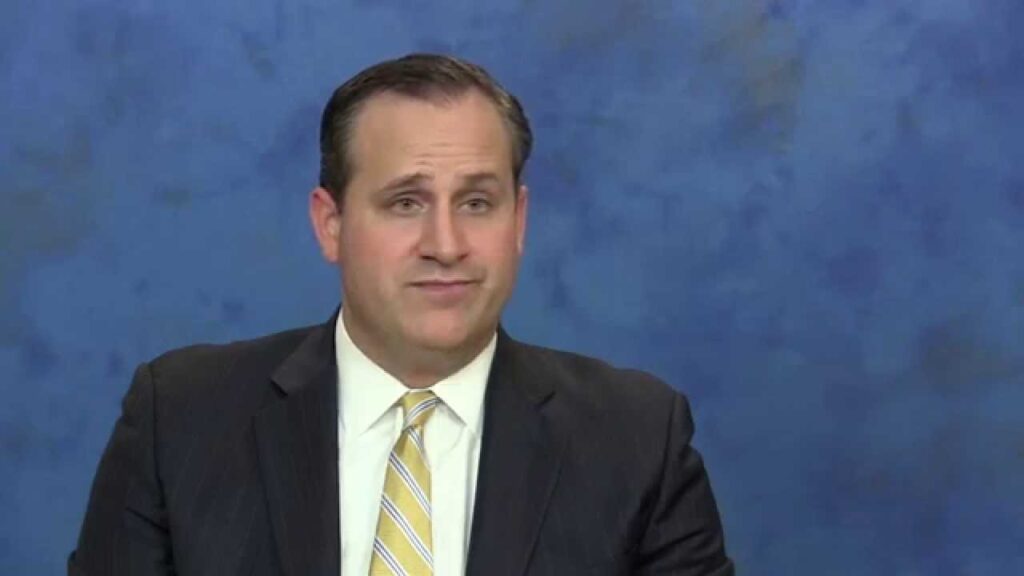Virginia deems pensions marital property and therefore subject to equitable distribution. Equitable doesn’t necessarily mean equal, and unfortunately, this concept greatly complicates the already perplexing property division process. Keep the following do’s and don’ts in mind as you strive for fair retirement asset division:
Do: Consider a Cash Transfer for 401(k)s
Like many couples, you and your ex may each have a separate 401(k). In this situation, the easiest and fairest approach may involve adding up the value of the various accounts and arranging for a cash transfer.
Don’t: Expect Over Half of Retirement Assets
When dividing assets held in 401(k)s and similar retirement plans, courts abide by the 50 percent rule: non-employee spouses cannot receive more than half of eligible retirement assets.
Do: Seek a Reliable Actuary Service
Many divorcees choose to value their respective pensions before proceeding with division. If you opt for this approach, select a trustworthy actuary service. You can then incorporate the split pension in with an overarching plan for asset division.
Related video:
Don’t: Assume All QDROs Are the Same
Many courts confuse divorcees by classifying multiple division plans as Qualified Domestic Relation Orders, or QDROs. Entered as part of the property division portion of a divorce, a QDRO recognizes joint marital ownership of pension or retirement plans, and awards portions to alternative payees accordingly. Many financial advisors recommend clearly delineating different types of QDROs.
Do: Consider Handling Your Pension Through Mediation or Collaboration
If you want a greater say in pension or 401(k) division, opt for alternative dispute resolution. Depending on the current nature of your relationship with your ex, you could develop a tailored plan that would otherwise not be offered in court.
Don’t: Rely on Your Spouse For Accurate Retirement Account Information
Mediation allows for creative and mutually beneficial approaches to asset division, but there’s a difference between working with an ex and trusting him or her to provide complete and accurate information. It may be in your ex’s best interest to withhold details about your eligibility. Work with a financial strategist or attorney to uncover the reality of your spouse’s financial situation and your access to retirement funds.
Struggling with the financial implications of divorce in Virginia? Look to DiPietro Family Law Group for assistance with splitting up pensions, 401(k)s and other retirement savings.


